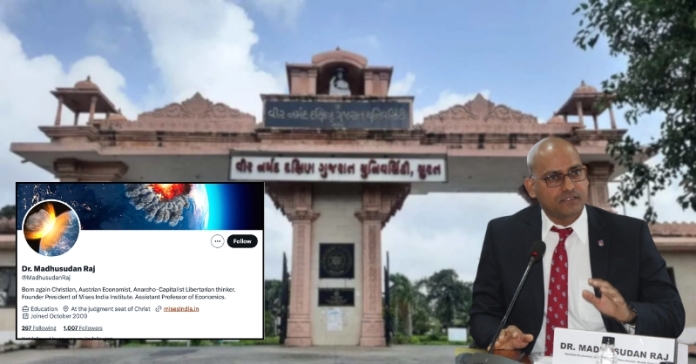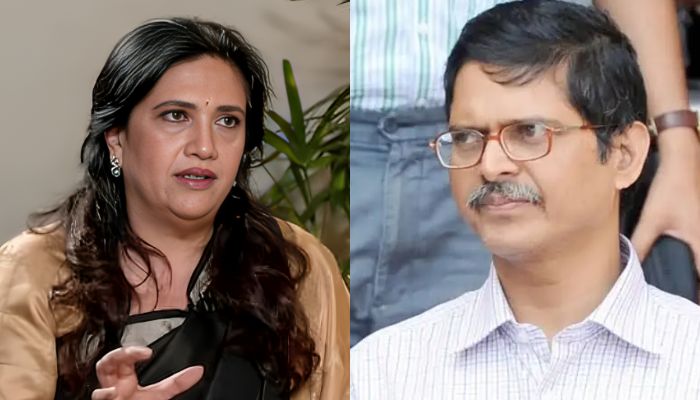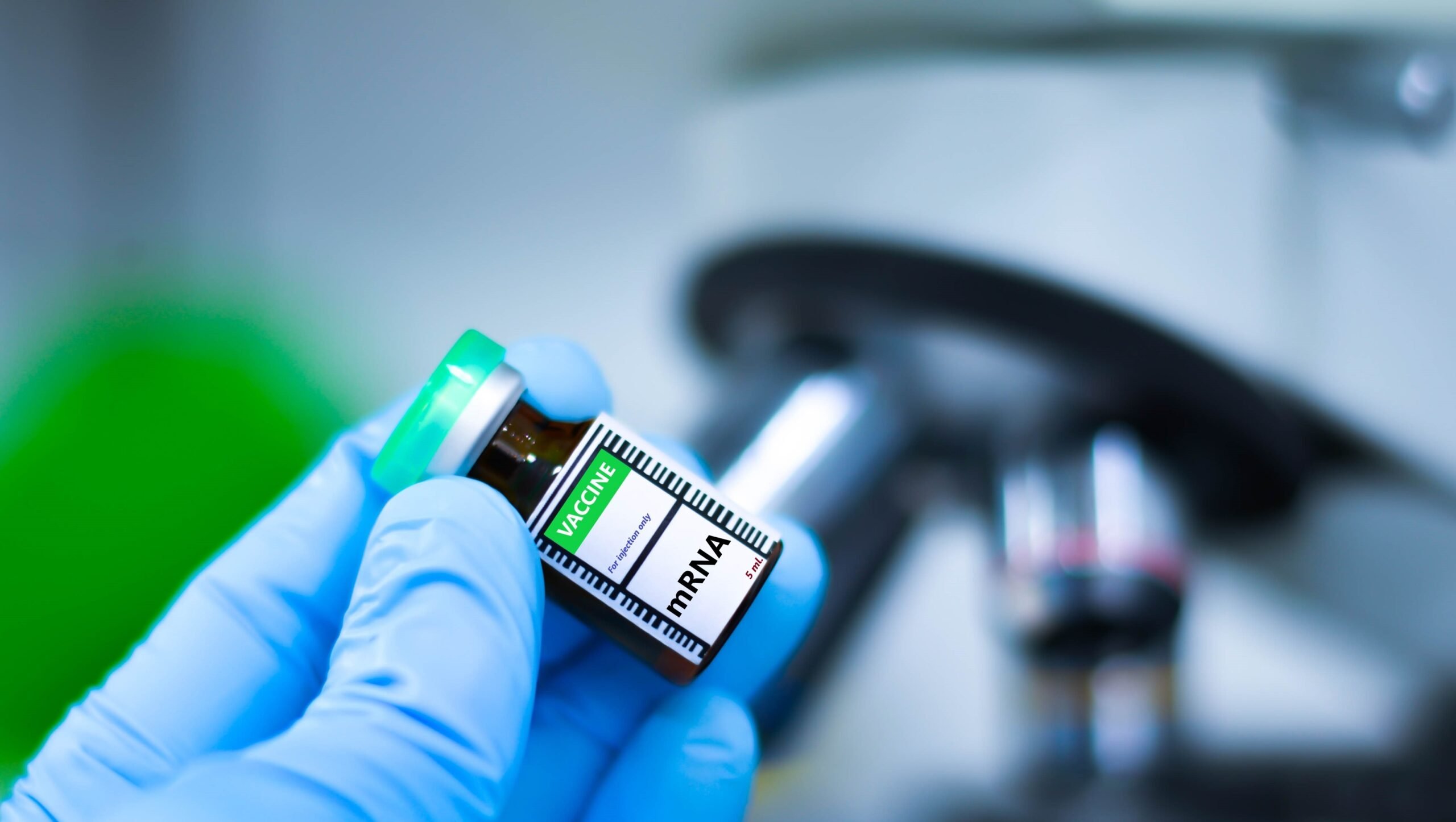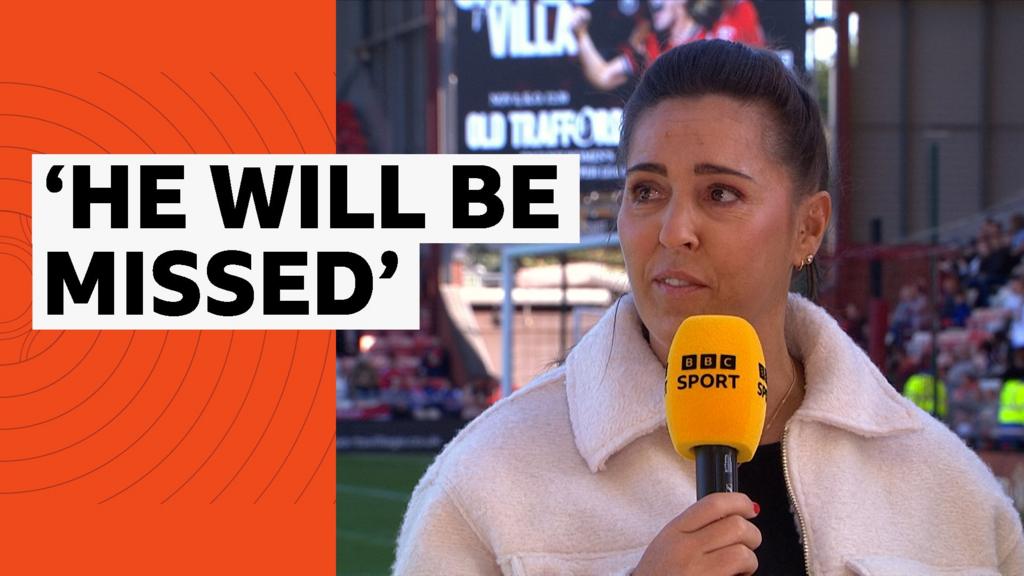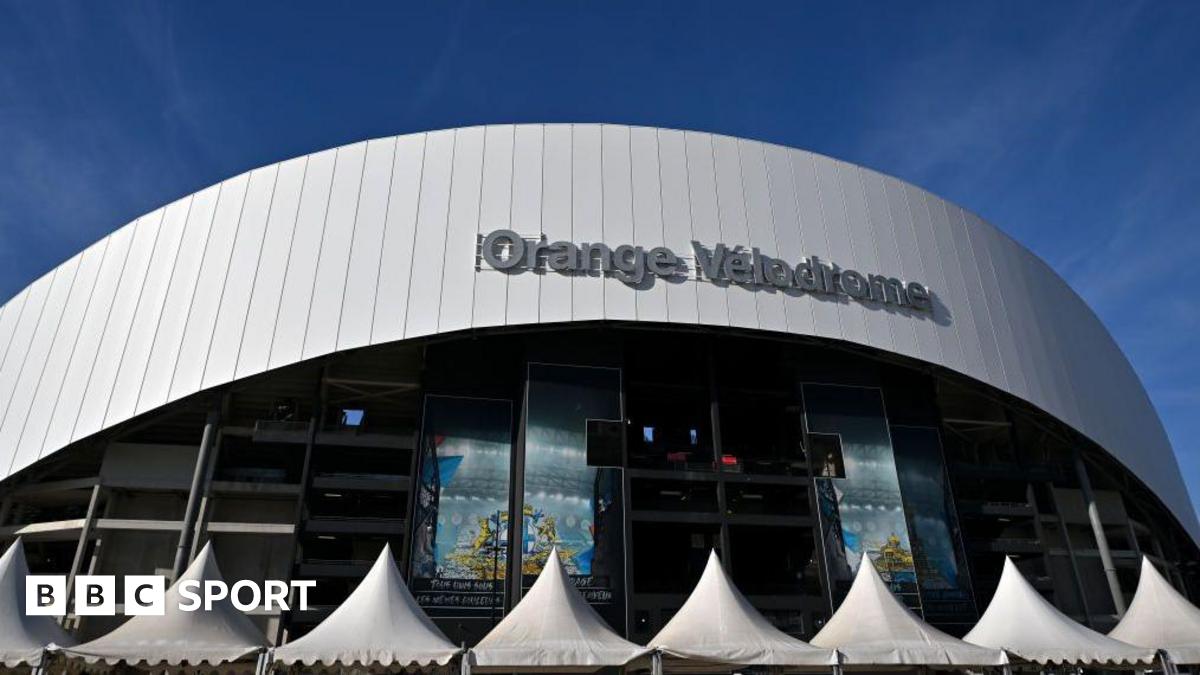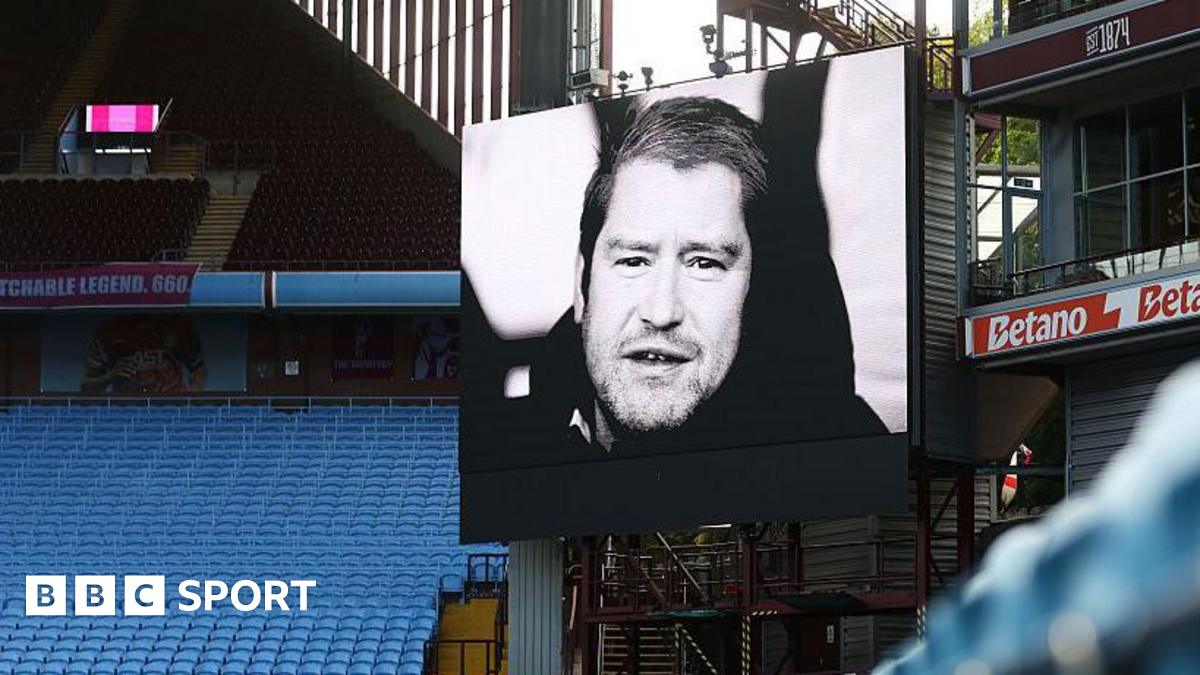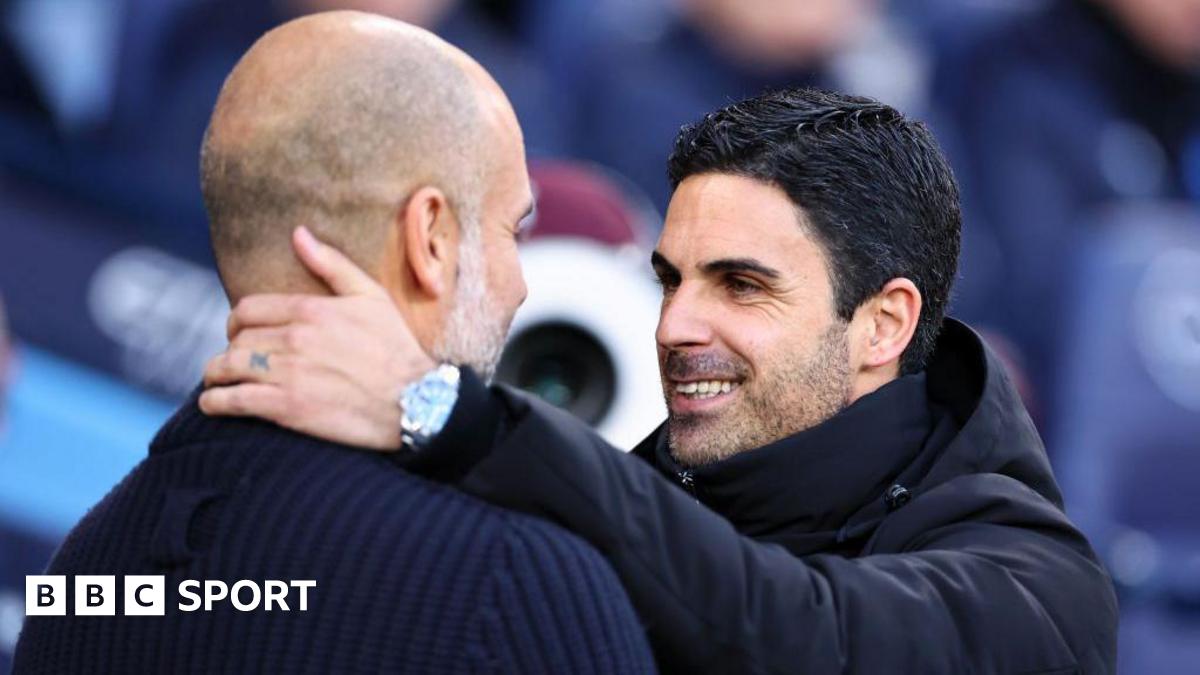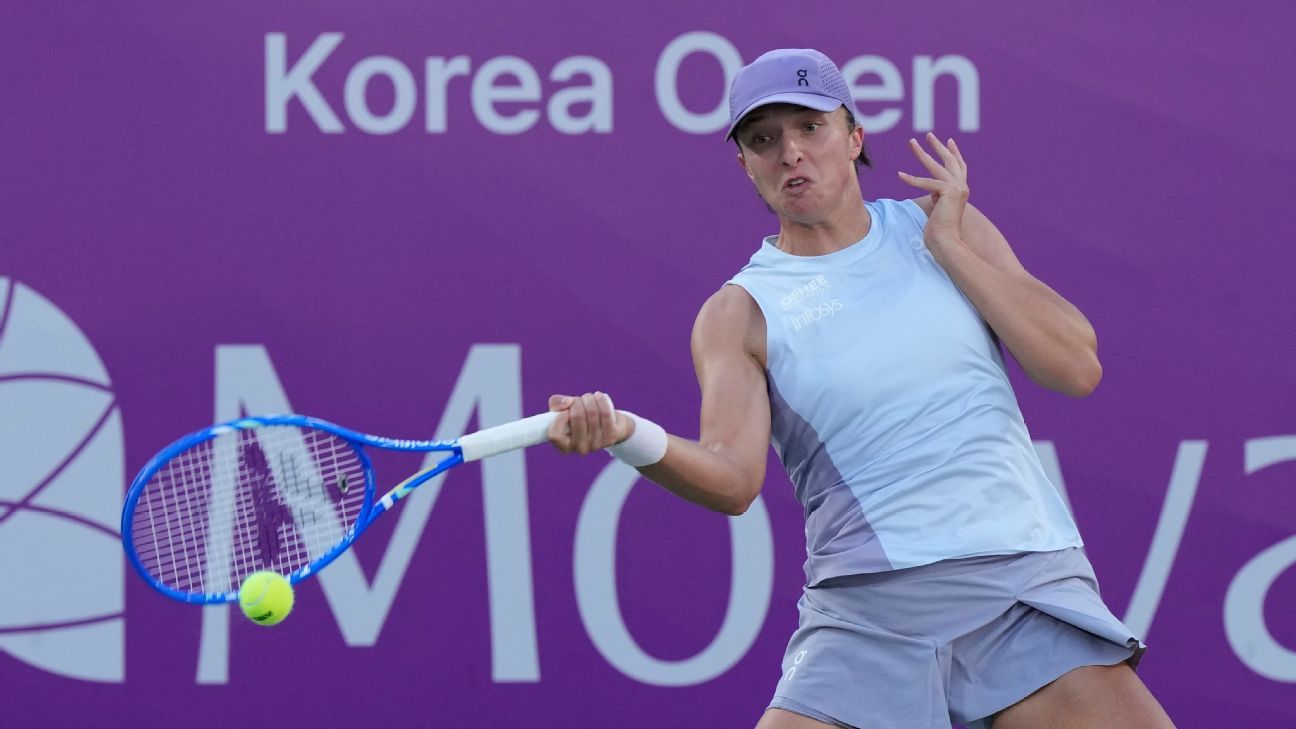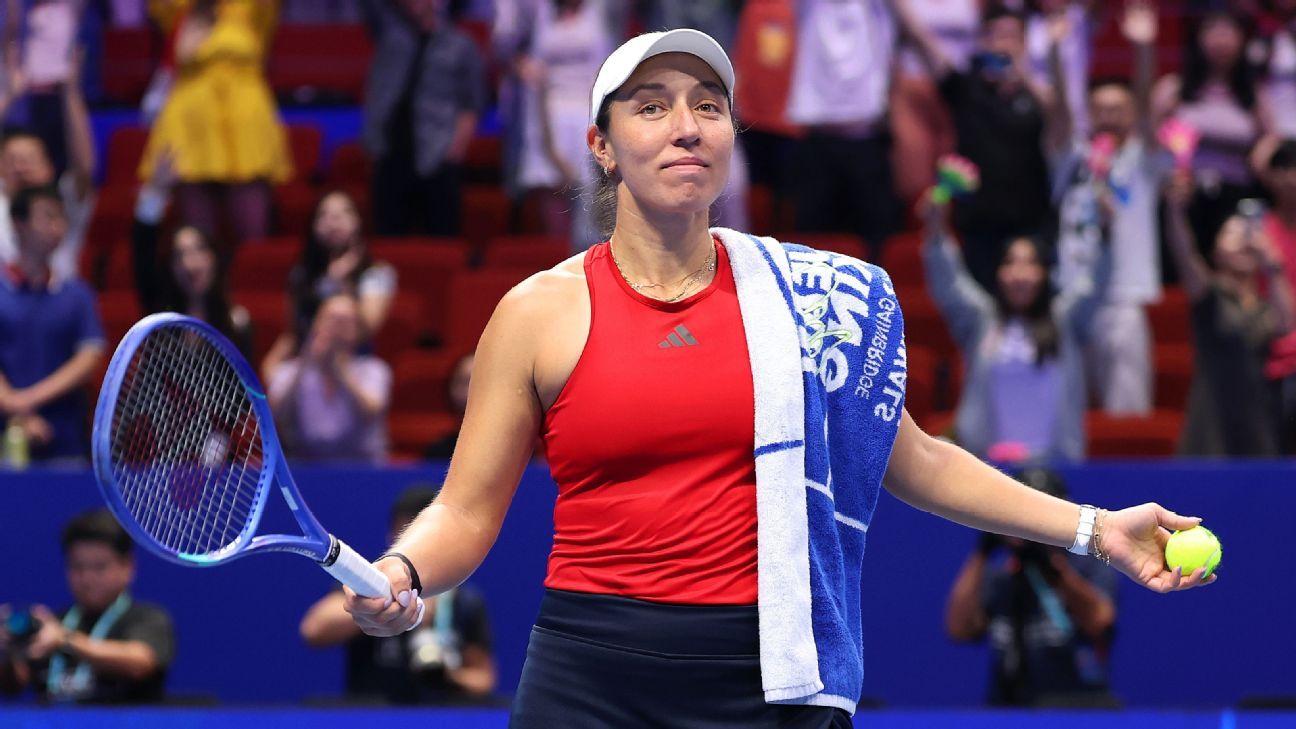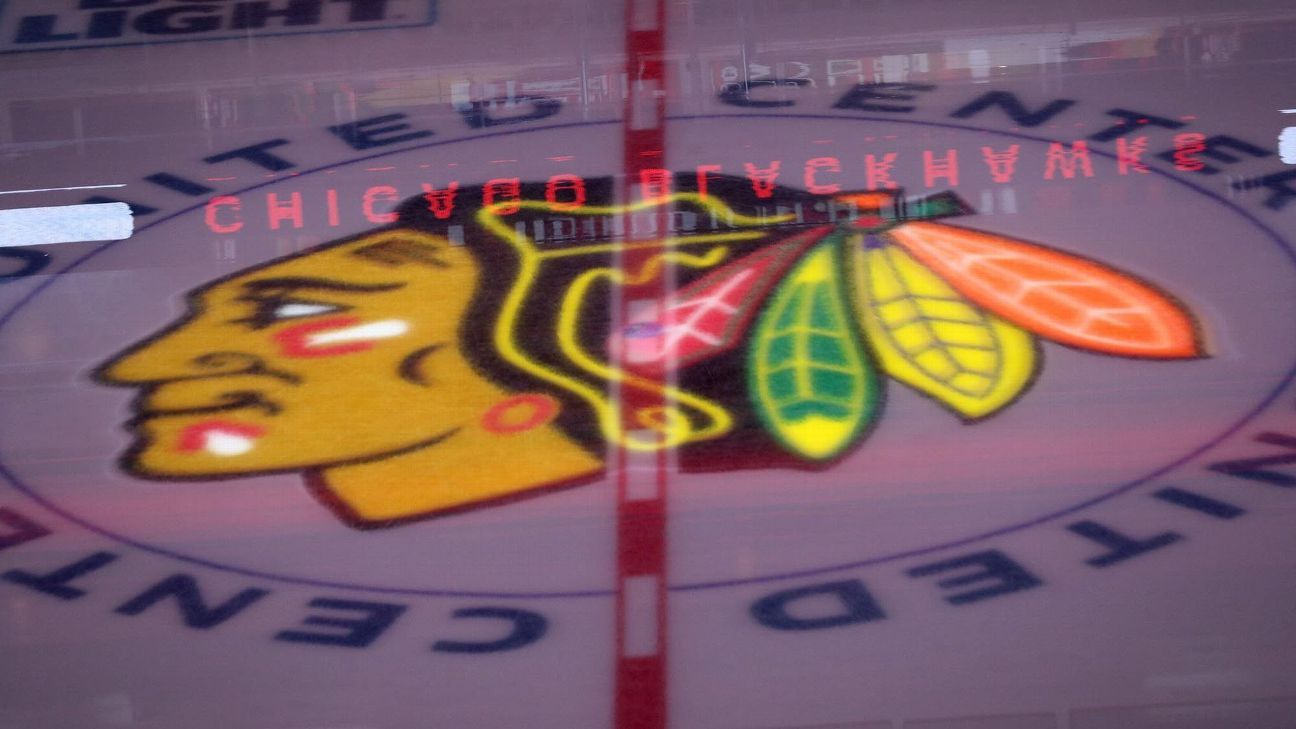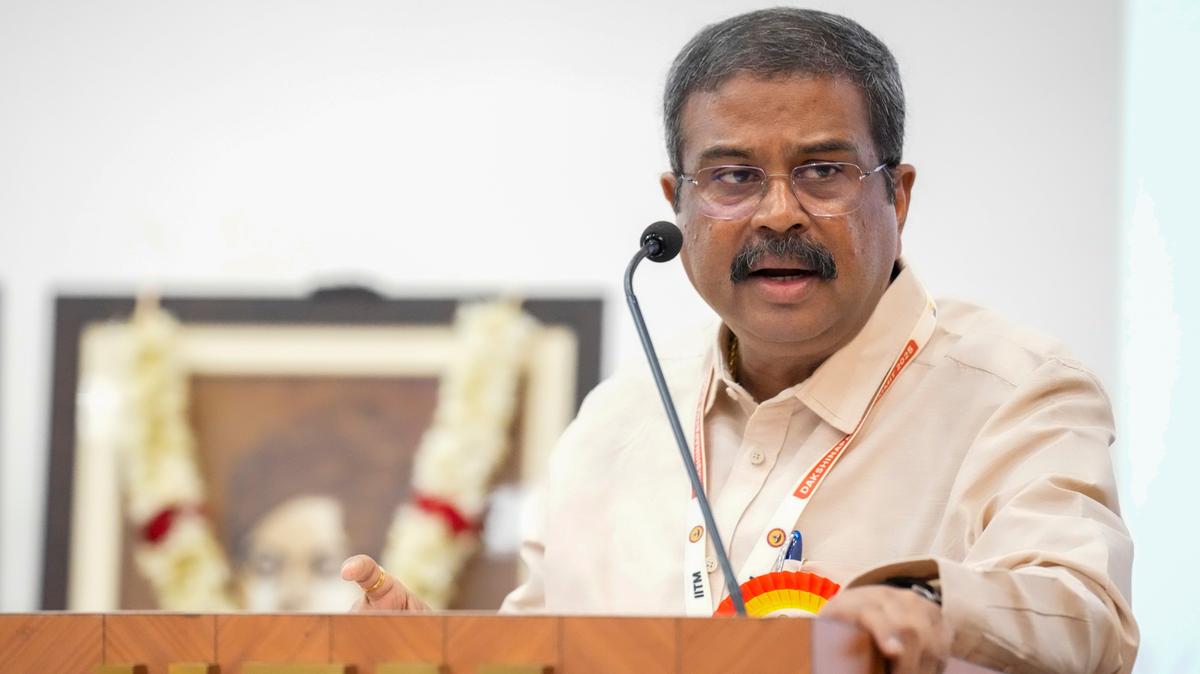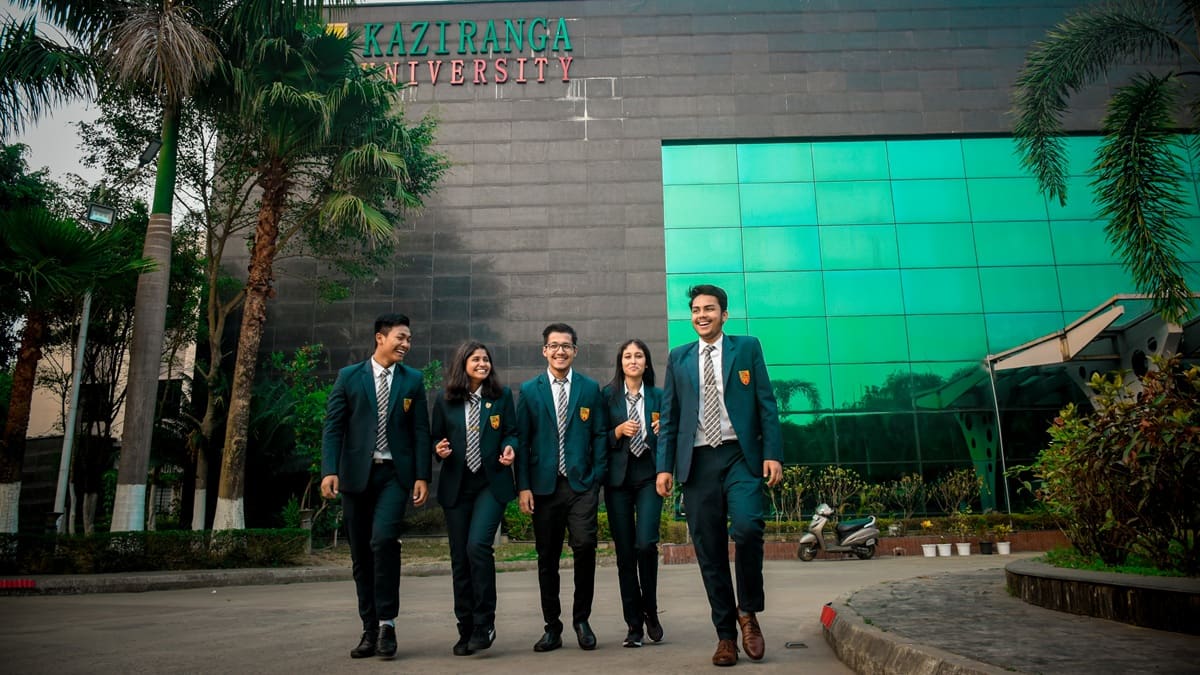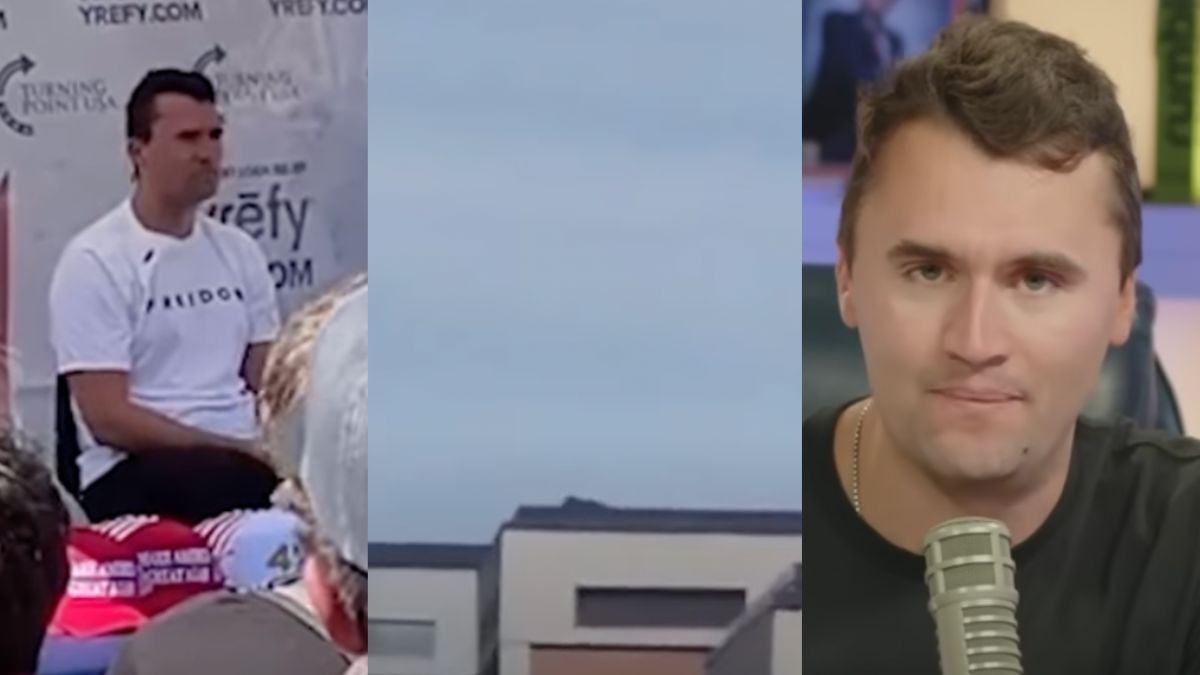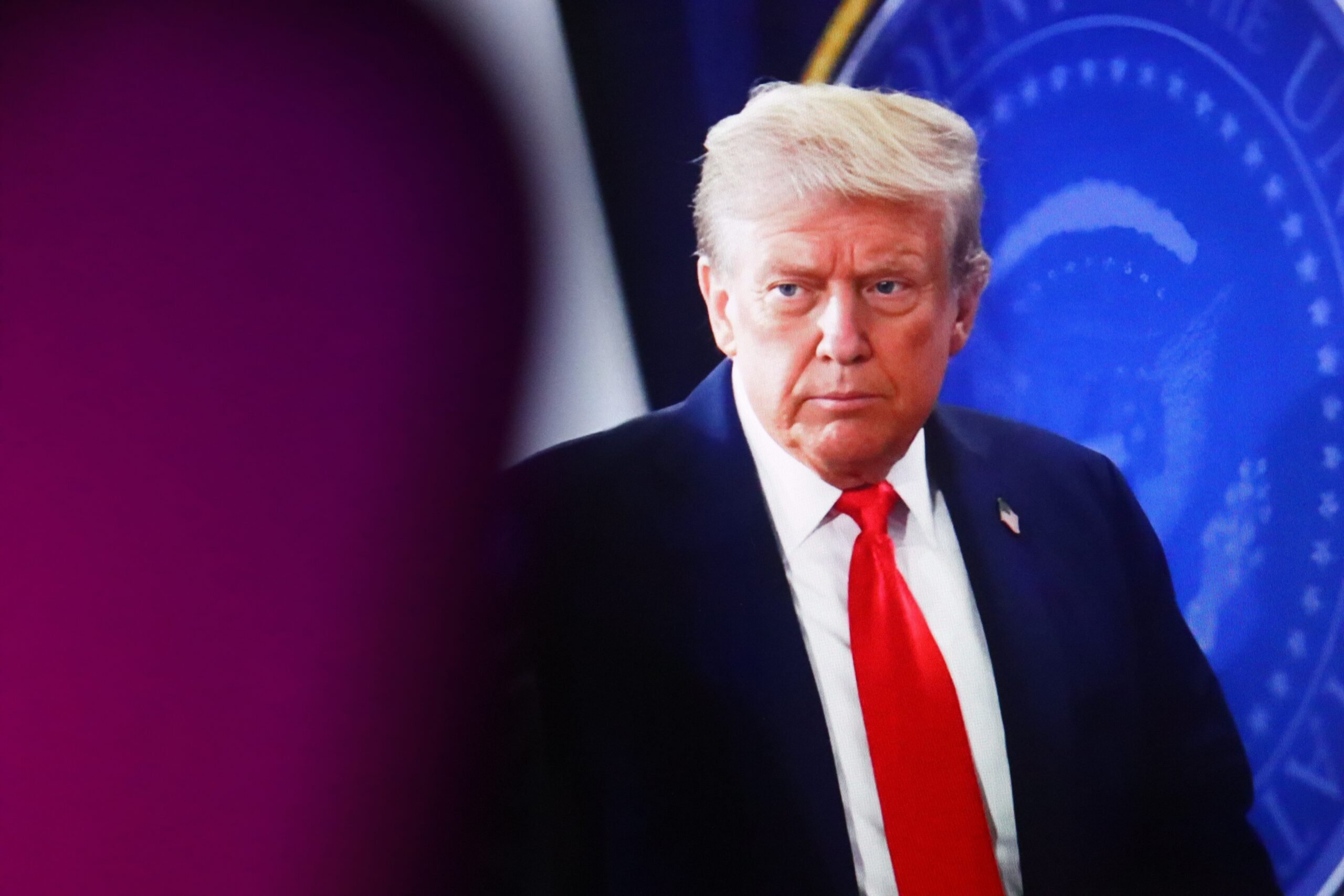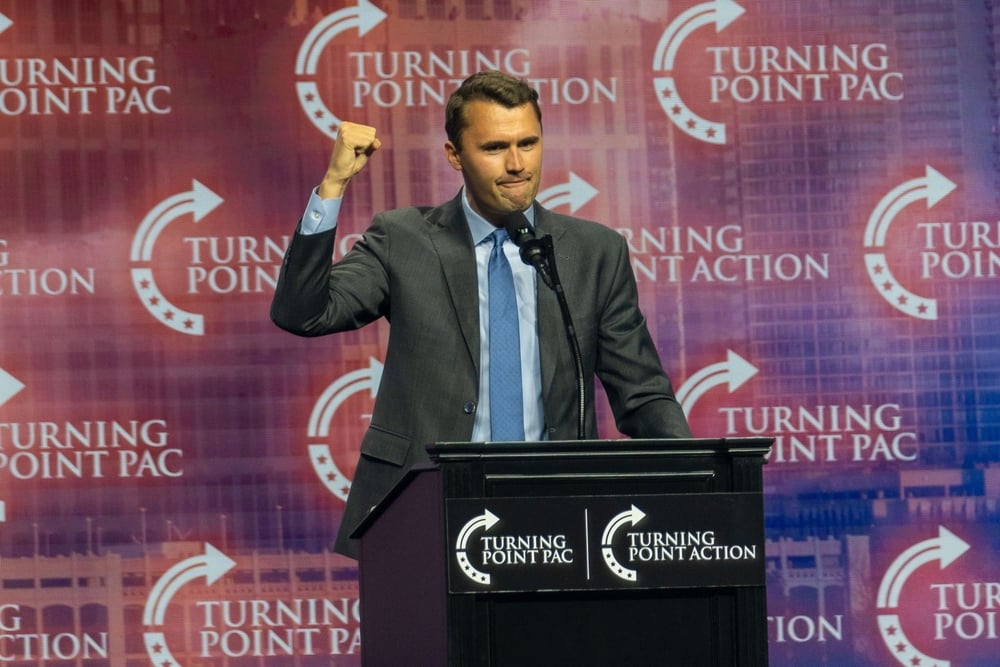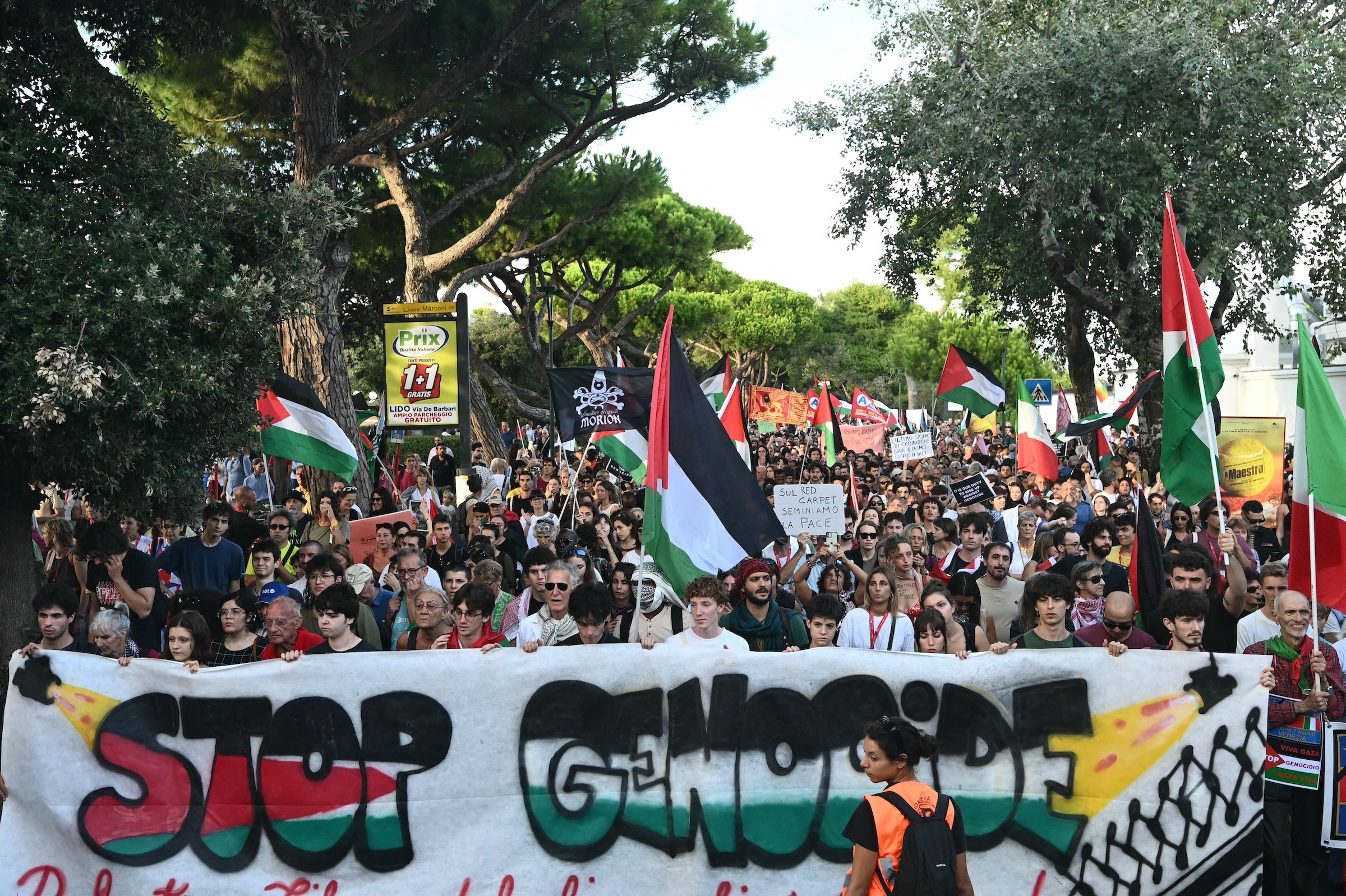‘Nagrik Devo Bhav’ – GST ‘Bachat Utsav’ reforms to begin from 22 September, first day of Navratri: PM Modi
On 21st September, Prime Minister Narendra Modi addressed the nation announcing that next generation GST reforms will come into effect from 22nd September, the first day of Navratri. PM Modi said that the new structure, which he termed as “GST Bachat Utsav”, will ensure savings for every citizen and boost India’s growth story. My address to the nation. https://t.co/OmgbHSmhsi— Narendra Modi (@narendramodi) September 21, 2025 He said, “From tomorrow, with the sunrise of Navratri, next generation GST reforms will come into force. In a way, the nation will celebrate a GST Bachat Utsav, where every family’s savings will grow.” A new wave of GST benefits is coming to every citizen. pic.twitter.com/y7GXC9S3vo— PMO India (@PMOIndia) September 21, 2025 Relief for families and middle class PM Modi highlighted that daily essentials including food items, medicines, soaps, toothpaste, health and life insurance, and many services will either be tax-free or taxed only at 5%. Products earlier falling under the 12% slab have now largely been moved to 5%. He said this would directly benefit the poor, middle class, neo-middle class, farmers, shopkeepers, traders and women, bringing festive cheer to households. Simplified tax structure PM Modi recalled how before GST, India was trapped in a maze of multiple taxes including octroi, entry tax, sales tax, excise, VAT and service tax. Transporting goods across cities involved multiple check-posts and paperwork, often leading to higher costs for consumers. He said GST reforms introduced in 2017 freed the nation from decades of tax complications, realising the dream of “One Nation, One Tax”. The new reforms will now reduce slabs to primarily 5% and 18%, making compliance easier and boosting investment. New GST reforms are being implemented. Only 5% and 18% tax slabs will now remain. pic.twitter.com/Yy7rynnh6E— PMO India (@PMOIndia) September 21, 2025 PM Modi recalled an instance reported in a foreign newspaper where a company found it easier to send goods from Bengaluru to Europe and then back to Hyderabad, rather than directly transporting them within India. He said this example illustrated the heavy burden of multiple taxes and tolls before GST, when businesses struggled daily with delays, paperwork and rising costs that were ultimately passed on to ordinary citizens. Boost for MSMEs and Atmanirbhar Bharat PM Modi stressed that reduced GST rates and simplified procedures will benefit MSMEs, cottage industries and small traders as it will increase sales and reduce tax burden. He added that India’s economic strength during its prosperous times rested on MSMEs and urged them to manufacture world-class products with pride in ‘Made in India’. India's prosperity will draw strength from self-reliance. pic.twitter.com/4si5mDH4Zd— PMO India (@PMOIndia) September 21, 2025 He stressed that Atmanirbhar Bharat is not just a slogan but a collective responsibility, with MSMEs playing a central role in shaping India’s manufacturing strength. PM Modi said, “Just as our freedom was strengthened by the mantra of swadeshi, our prosperity too will come from swadeshi. Let every household and every shop become a symbol of it.” Let's buy products that are Made in India. pic.twitter.com/Mb1j7gtv7h— PMO India (@PMOIndia) September 21, 2025 Double benefit for citizens PM Modi underlined that citizens are now receiving a “double bonanza” with relief in income tax up to Rs 12 lakh and reduced GST rates. He said this combined relief will lead to savings of over Rs 2.5 lakh crore annually for the people. Stressing the mantra of “Nagrik Devo Bhav”, he said, “This is why I am calling it a Bachat Utsav,” and urged citizens to take pride in purchasing Indian-made goods. Call to states for cooperation PM Modi also appealed to the state governments and asked them to join hands with the Centre in accelerating manufacturing, creating a conducive environment for investment, and taking forward the mission of Atmanirbhar Bharat. He concluded his address by extending Navratri greetings and wishing the nation prosperity through the GST Bachat Utsav.
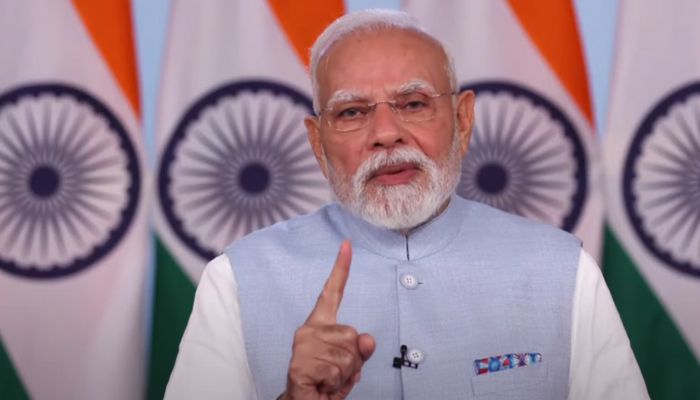


On 21st September, Prime Minister Narendra Modi addressed the nation announcing that next generation GST reforms will come into effect from 22nd September, the first day of Navratri. PM Modi said that the new structure, which he termed as “GST Bachat Utsav”, will ensure savings for every citizen and boost India’s growth story.
My address to the nation. https://t.co/OmgbHSmhsi
— Narendra Modi (@narendramodi) September 21, 2025
He said, “From tomorrow, with the sunrise of Navratri, next generation GST reforms will come into force. In a way, the nation will celebrate a GST Bachat Utsav, where every family’s savings will grow.”
A new wave of GST benefits is coming to every citizen. pic.twitter.com/y7GXC9S3vo
— PMO India (@PMOIndia) September 21, 2025
Relief for families and middle class
PM Modi highlighted that daily essentials including food items, medicines, soaps, toothpaste, health and life insurance, and many services will either be tax-free or taxed only at 5%. Products earlier falling under the 12% slab have now largely been moved to 5%. He said this would directly benefit the poor, middle class, neo-middle class, farmers, shopkeepers, traders and women, bringing festive cheer to households.
Simplified tax structure
PM Modi recalled how before GST, India was trapped in a maze of multiple taxes including octroi, entry tax, sales tax, excise, VAT and service tax. Transporting goods across cities involved multiple check-posts and paperwork, often leading to higher costs for consumers. He said GST reforms introduced in 2017 freed the nation from decades of tax complications, realising the dream of “One Nation, One Tax”. The new reforms will now reduce slabs to primarily 5% and 18%, making compliance easier and boosting investment.
New GST reforms are being implemented. Only 5% and 18% tax slabs will now remain. pic.twitter.com/Yy7rynnh6E
— PMO India (@PMOIndia) September 21, 2025
PM Modi recalled an instance reported in a foreign newspaper where a company found it easier to send goods from Bengaluru to Europe and then back to Hyderabad, rather than directly transporting them within India. He said this example illustrated the heavy burden of multiple taxes and tolls before GST, when businesses struggled daily with delays, paperwork and rising costs that were ultimately passed on to ordinary citizens.
Boost for MSMEs and Atmanirbhar Bharat
PM Modi stressed that reduced GST rates and simplified procedures will benefit MSMEs, cottage industries and small traders as it will increase sales and reduce tax burden. He added that India’s economic strength during its prosperous times rested on MSMEs and urged them to manufacture world-class products with pride in ‘Made in India’.
India's prosperity will draw strength from self-reliance. pic.twitter.com/4si5mDH4Zd
— PMO India (@PMOIndia) September 21, 2025
He stressed that Atmanirbhar Bharat is not just a slogan but a collective responsibility, with MSMEs playing a central role in shaping India’s manufacturing strength. PM Modi said, “Just as our freedom was strengthened by the mantra of swadeshi, our prosperity too will come from swadeshi. Let every household and every shop become a symbol of it.”
Let's buy products that are Made in India. pic.twitter.com/Mb1j7gtv7h
— PMO India (@PMOIndia) September 21, 2025
Double benefit for citizens
PM Modi underlined that citizens are now receiving a “double bonanza” with relief in income tax up to Rs 12 lakh and reduced GST rates. He said this combined relief will lead to savings of over Rs 2.5 lakh crore annually for the people. Stressing the mantra of “Nagrik Devo Bhav”, he said, “This is why I am calling it a Bachat Utsav,” and urged citizens to take pride in purchasing Indian-made goods.
Call to states for cooperation
PM Modi also appealed to the state governments and asked them to join hands with the Centre in accelerating manufacturing, creating a conducive environment for investment, and taking forward the mission of Atmanirbhar Bharat. He concluded his address by extending Navratri greetings and wishing the nation prosperity through the GST Bachat Utsav.



